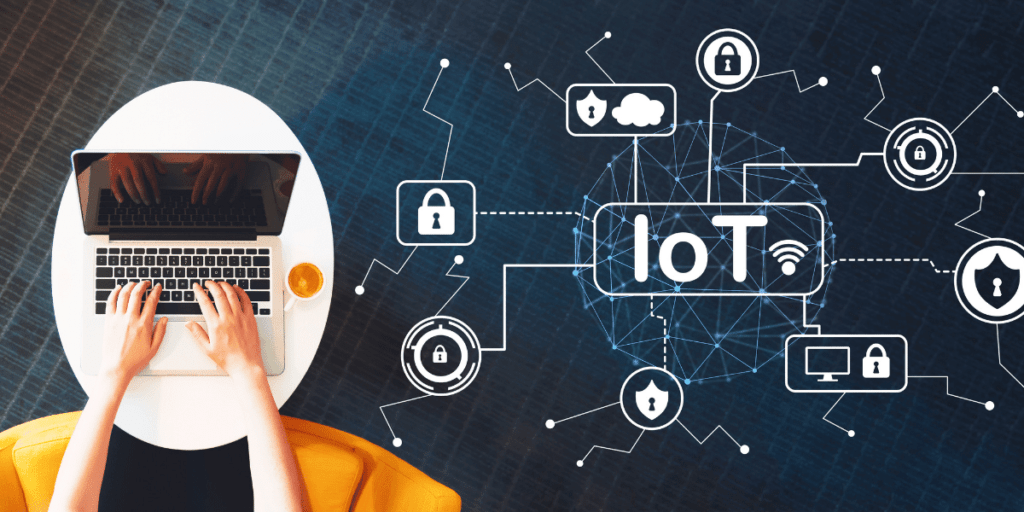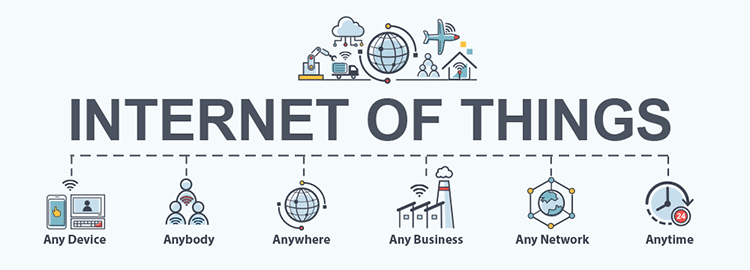Internet security consultant
An internet security consultant is a cybersecurity professional who specializes in safeguarding organizations and individuals against online threats, vulnerabilities, and cyberattacks.
In an increasingly interconnected world, where data breaches and cyber threats are on the rise, these consultants play a crucial role in helping businesses and individuals protect their digital assets and sensitive information. Here, we’ll explore the significance of internet security consultants and their key responsibilities.

One of the primary roles of an internet security consultant is to assess an organization’s or individual’s existing cybersecurity infrastructure. They conduct thorough security audits and vulnerability assessments to identify weaknesses in systems, networks, and software.
This process involves examining firewalls, antivirus software, intrusion detection systems, and other security measures in place.
Based on their assessments, internet security consultants develop customized cybersecurity strategies and plans. These plans outline recommendations and actions to strengthen security, mitigate vulnerabilities, and enhance data protection.
Consultants work closely with clients to prioritize security needs and implement effective solutions.
Additionally, internet security consultants are responsible for staying updated on the latest cybersecurity threats and trends. Cyber threats are continually evolving, also consultants must be well-informed to anticipate and defend against emerging risks.
They provide guidance on best practices, security policies, and compliance with industry regulations.
Another vital aspect of their role is education and training. Internet security consultants offer training programs also workshops to educate clients and their employees about cybersecurity best practices.
They help create a security-conscious culture within organizations, reducing the risk of human error and social engineering attacks.
Internet security consultants are also instrumental during and after security incidents. In the event of a breach or cyberattack, they assist in incident response, helping organizations contain the breach, analyze the extent of the damage, also recover lost data. Post-incident, they review the incident to identify lessons learned and improve future security measures.
Conclusion
Internet security consultants are cybersecurity experts who play a critical role in safeguarding organizations also individuals against online threats.
Their responsibilities encompass security assessments, strategy development, threat monitoring, education, also incident response.
As cyber threats continue to evolve, the expertise of internet security consultants is essential in maintaining digital safety also protecting valuable assets in an increasingly connected world. 바카라사이트



